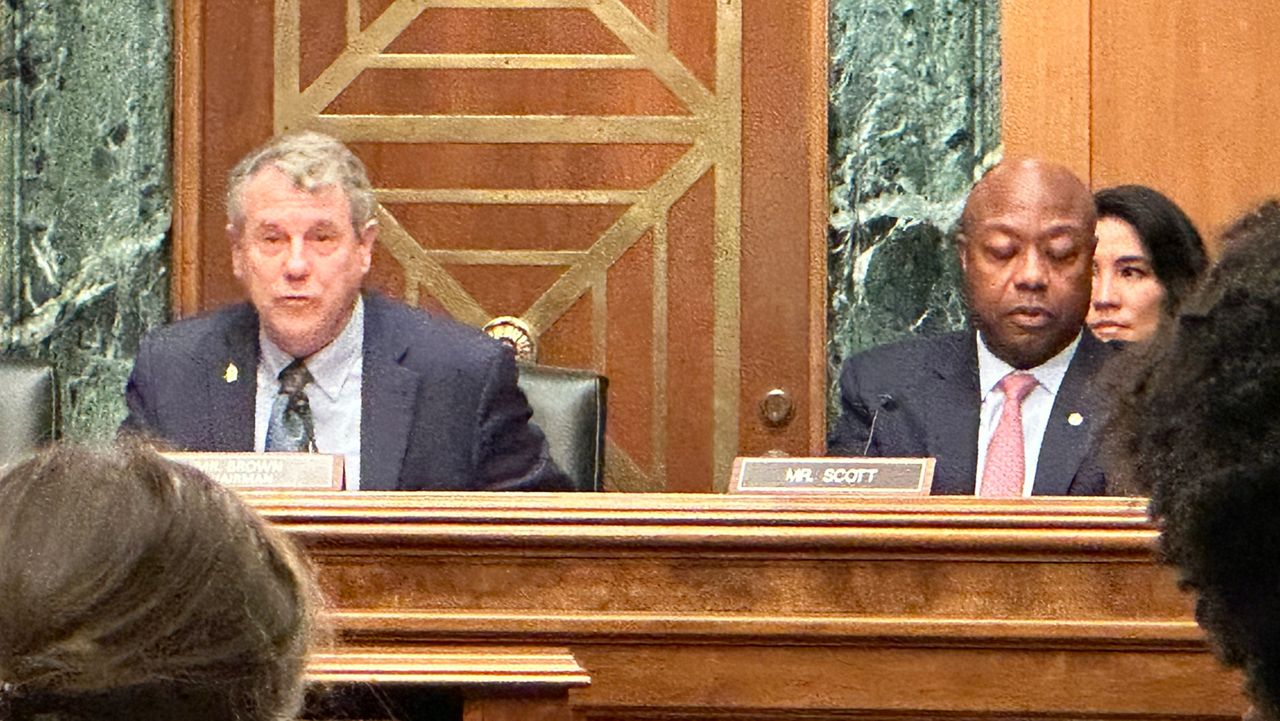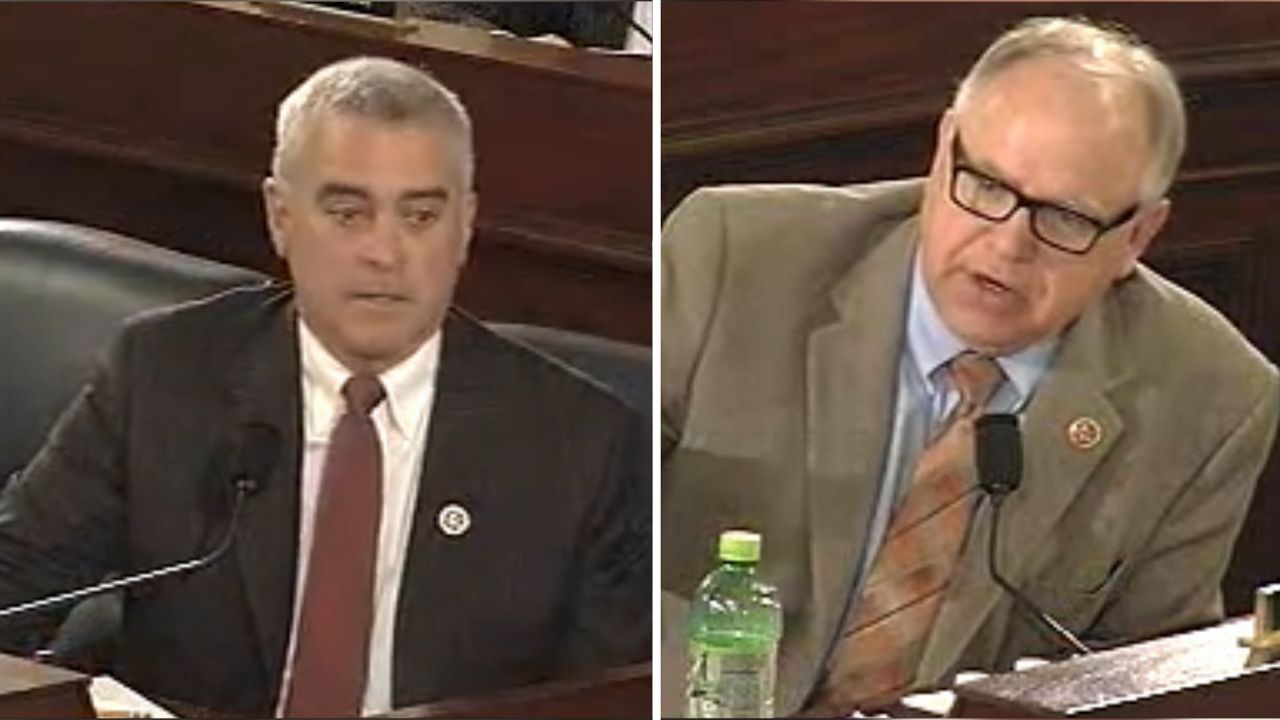WASHINGTON, D.C. — Legislation sponsored by Sen. Jon Husted, R-Ohio, was signed into law for the first time, a milestone for the freshman senator.
The measure repeals Biden-era energy efficiency standards for some appliances.
What You Need To Know
- Sen. Jon Husted, R-Ohio, passed his first federal legislation into law
- The law repeals a Biden-era rule for certain appliance energy efficiency standards
- The law is part of a broader GOP push to roll back Biden-era environmental policies
The legislation overturns a rule called “Energy Conservation Program for Appliance Standards: Certification Requirements, Labeling Requirements, and Enforcement Provisions for Certain Consumer Products and Commercial Equipment.”
The rule, published by the Department of Energy in Oct. 2024, added certification and label requirements for 20 household and commercial products, such as industrial air conditioners, pool heaters and washing machines.
Husted said the standards were costly and created unnecessary red tape. House Republicans cited a Department of Energy estimate that the requirements increased costs for manufacturers by $213,000 and required nearly 3,000 hours of paperwork each year.
“Less costs, less regulation, lower prices gives more choices, and so I was really proud that my first bill was something that made government smaller and less intrusive, and not bigger,” Husted said in an interview with Spectrum News. “And repealing those regulations is very good for consumers.”
The law is part of a broader GOP push to roll back Biden-era environmental policies.
This week the House Energy and Commerce Committee advanced legislation to claw back unspent funds from the Inflation Reduction Act, which allocated nearly $400 billion for clean energy projects and was one of President Joe Biden’s key achievements.
Energy Subcommittee Chair Bob Latta, R-Ohio, has accused the Biden administration of moving too quickly to transition to environmentally friendly policies, saying that rushing the green transition led to higher prices and instability of the electric grid.
“All together, the bills before us, they represent an opportunity for this committee to refocus the federal government's approach to the energy sector to ensure abundant, reliable and affordable energy to power innovation for the future,” Latta said at a hearing on reliable energy on April 30.
Democrats argued that investing in renewable energy lowers energy costs over the long run. Rep. Marcy Kaptur, D-Ohio, wrote in a statement on the GOP budget blueprint proposal,
“By gutting clean energy investments, this budget threatens to raise energy prices for consumers, increase our reliance on foreign energy, and stifle American competitiveness… We must defend the programs that power America's future—cleaner, cheaper, and made right here at home.”
Husted said he also supported spending cuts in the budget bill currently being negotiated in the House in order to pay for $1.5 trillion in tax cuts.
“We have to stay focused on a balance. We want to provide tax relief for working families and small businesses, but we have to find savings in the budget so that it's sustainable,” Husted said. “I want to save Medicaid for children and the elderly. And individuals with disabilities. And if we can't run it more efficiently, we won't be able to do that.”










